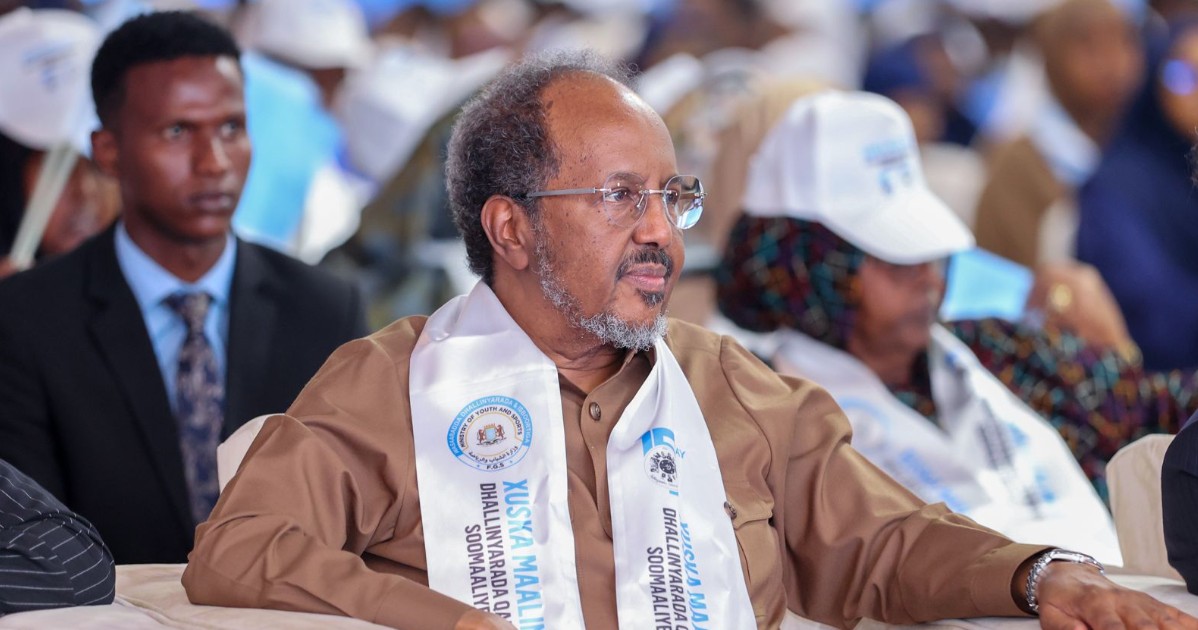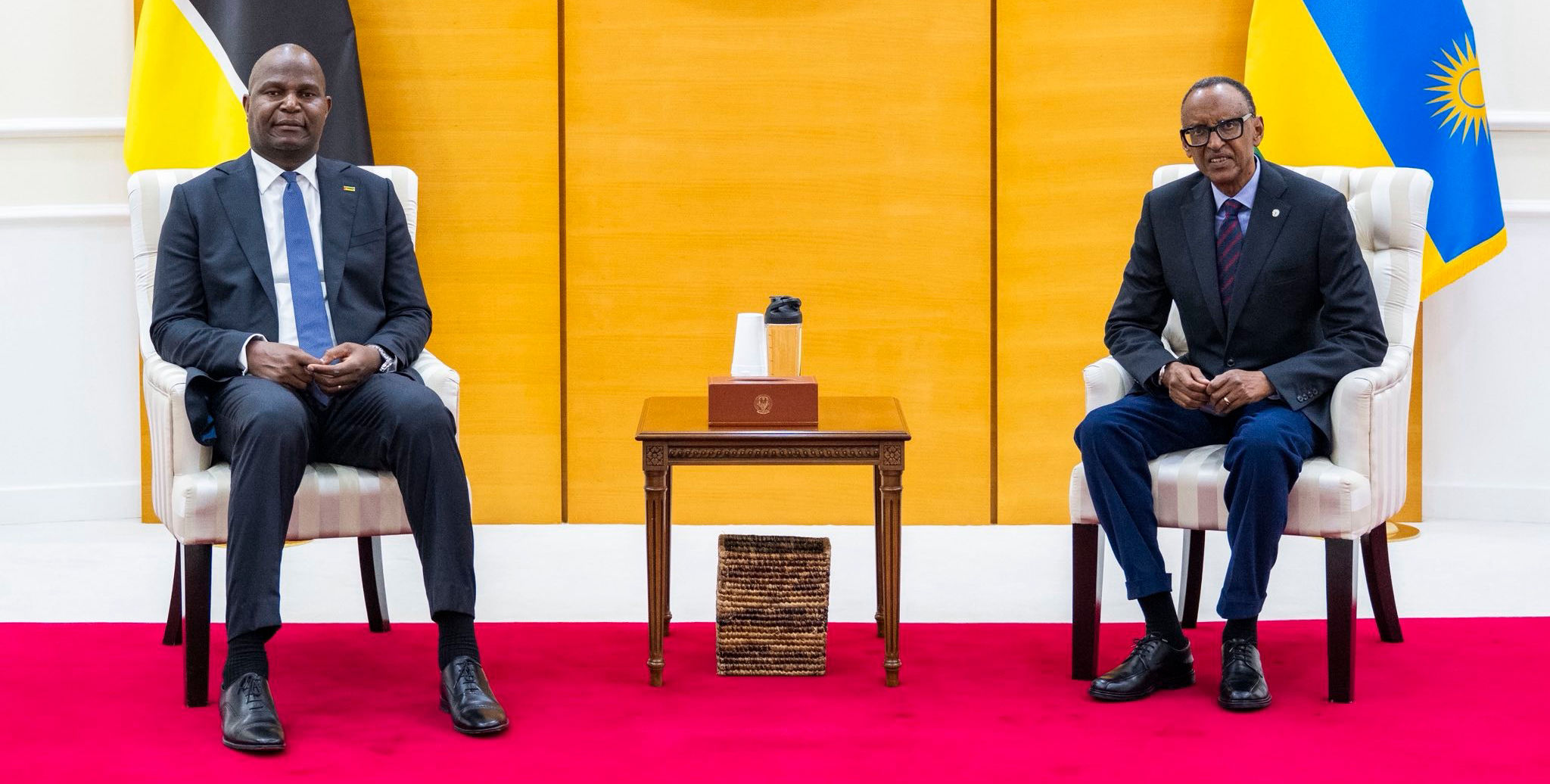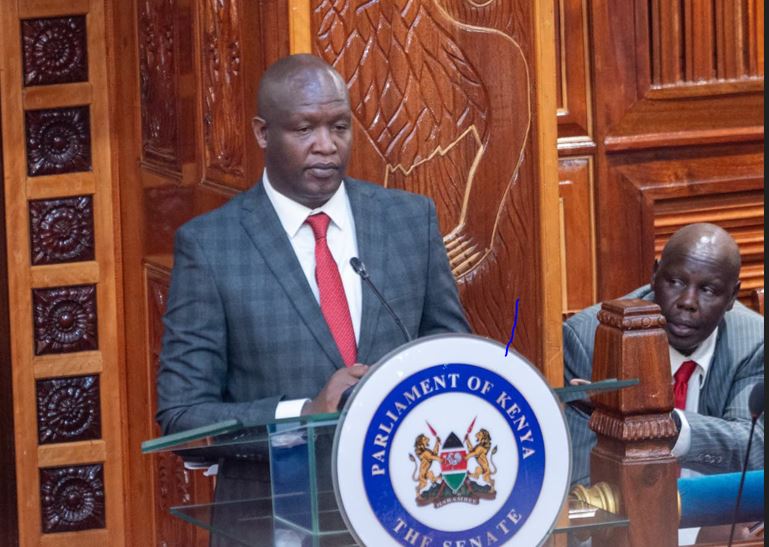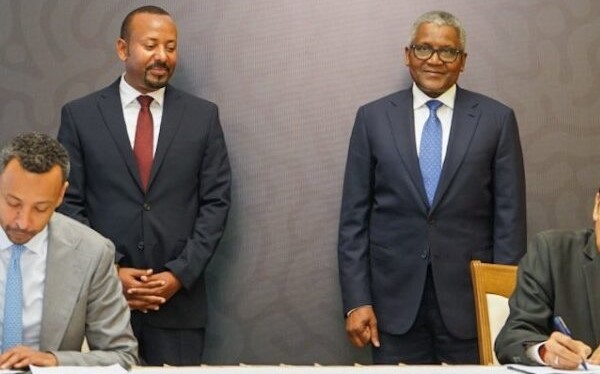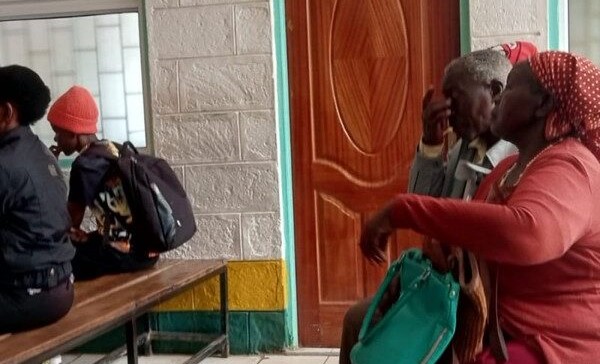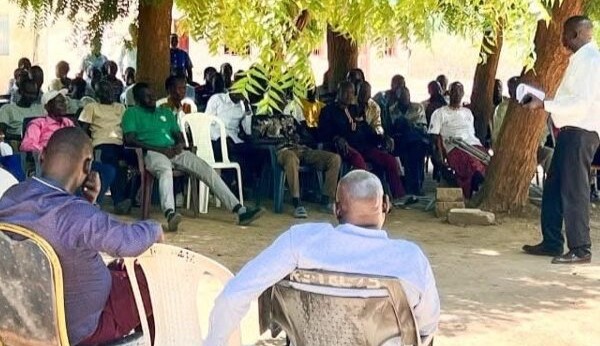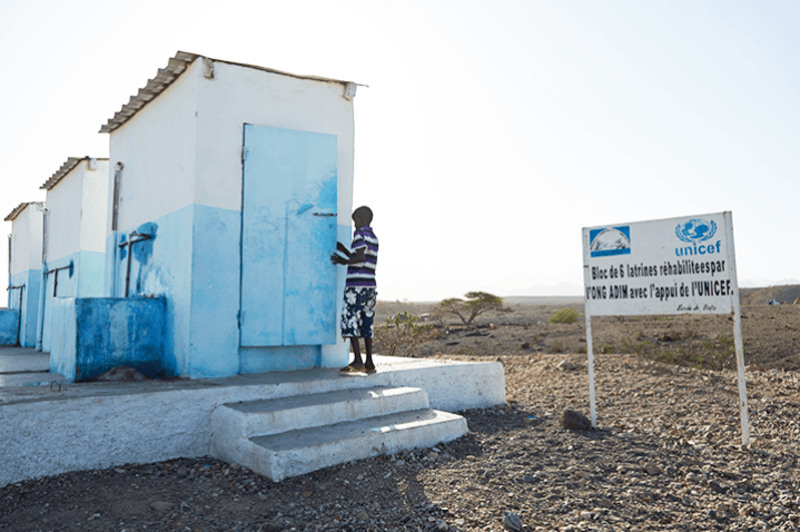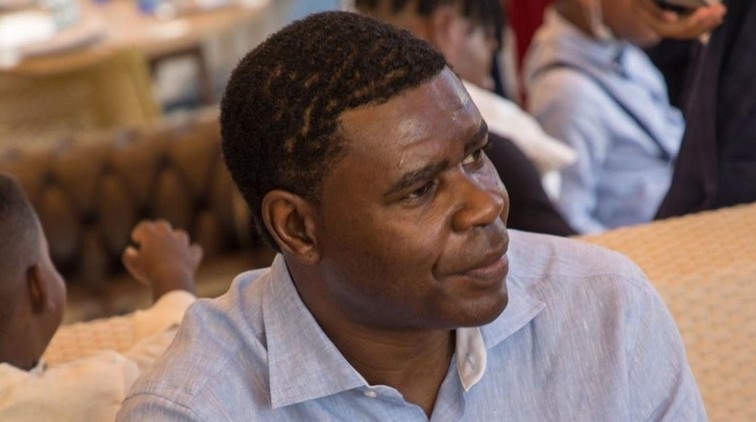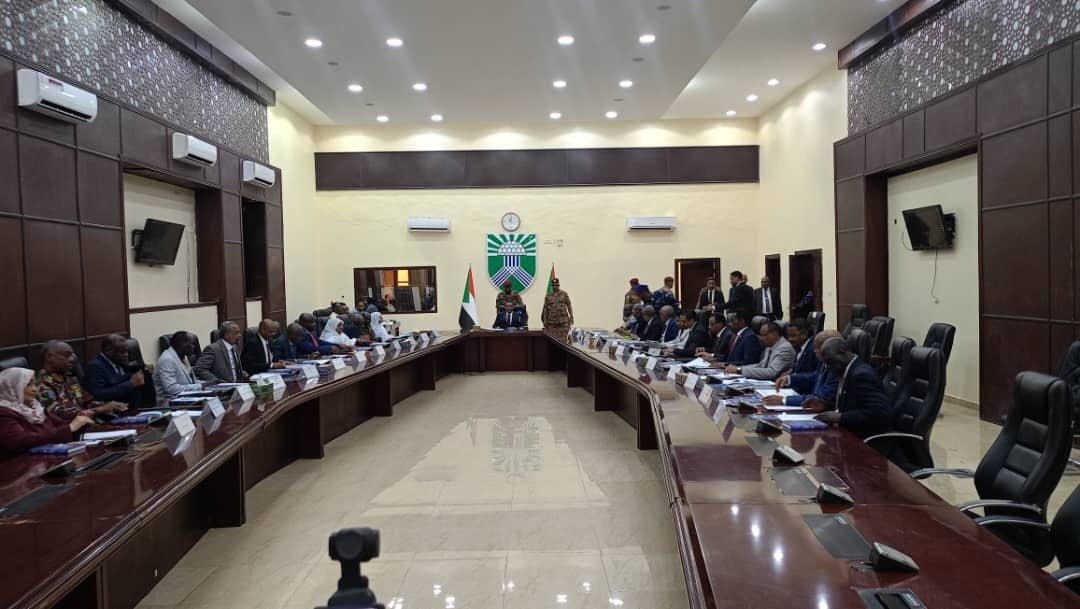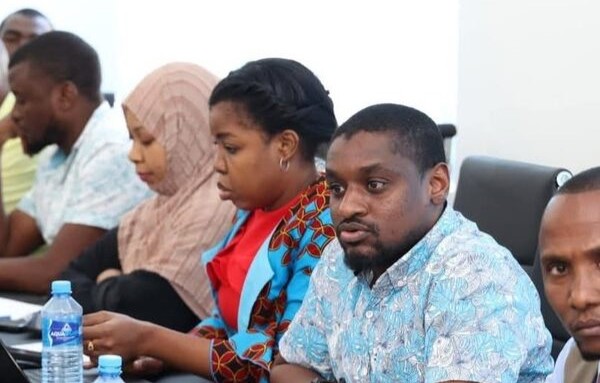Impending strikes: Key agreements education sector unions demand to be honoured
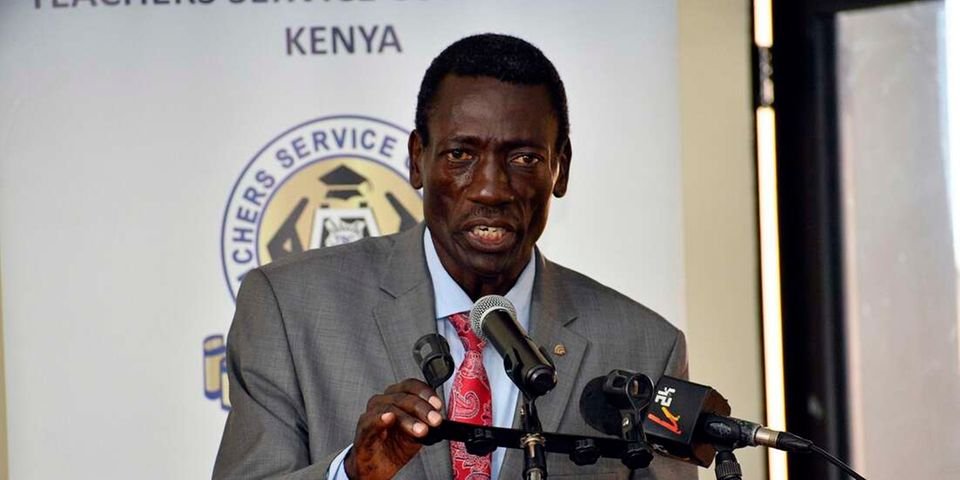
The unions demanded full implementation of the 2021-2025 CBA. The CBAs between the unions and Teachers Service Commission were signed in June 2021, and amended by an addendum in August 2023.
President William Ruto's administration is facing its first significant test in the education sector issue, with three main labour unions in education announcing their decision to strike for failing to fulfil work agreements.
The Kenya National Union of Teachers (KNUT), Kenya Union of Post-Primary Education Teachers (KUPPET), and the University Academic Staff Union (Uasu) have all declared their readiness to strike if the government fails to follow work agreements negotiated and address other labour complaints.
More To Read
- Kenyan banks’ asset value declines for first time in 23 years
- Student numbers triple at TTCs as government eases admission criteria
- TSC unveils teacher promotion guidelines prioritising seniority, experience
- KNUT defends new CBA as teachers protest small pay rise
- KNUT rejects Raila's proposal to devolve education
- TSC clears 1,436 primary school teachers for deployment to junior schools
On Tuesday, Labour Cabinet Secretary Alfred Mutua met with leaders from the Kenya National Union of Teachers' National Steering Council to discuss averting a nationwide teachers' strike over the non-implementation of their collective bargaining agreement.
"The union raised several key issues, including the delay in implementing the second phase of the 2021 Collective Bargaining Agreement (CBA), which promised a salary increment of seven per cent to nine per cent," Mutua said.
On August 7, KNUT and its sister union, KUPPET, issued a seven-day notice to the government to resolve several teachers' issues, failing which the organisations would order teachers to go on strike beginning August 26.
"KUPPET and KNUT have today joined forces to demand the immediate resolution of six issues causing unrest among our members," the unions said in a joint statement.
The unions demanded full implementation of the 2021-2025 CBA. The CBAs between the unions and Teachers Service Commission were signed in June 2021, and amended by an addendum in August 2023.
KNUT and KUPPET accused TSC of breaching the agreement by failing to implement the second phase of the addendum effective from July 1, 2024, for all teachers, including basic salaries and allowances.
According to KNUT Secretary General Collins Oyuu, Collective Bargaining Agreements are key industrial relations tools through which employers and workers' representatives negotiate the terms and conditions of employment, but majorly on growing benefits as workers continue discharging their duties.
Oyuu is not happy with the decision of the National Treasury to cut the budget issued to the Teachers Service Commission (TSC) to help implement the union's agreement with the government.
"In light of the decision taken by the National Treasury, and the failure of the two parliamentary committees to convince the government not to whittle down the TSC budget, which has certainly affected the implementation of the Second Phase of the 2021-2025 CBA, confirmation of the 46,000 Junior School intern teachers to permanent and pensionable terms and promotion of teachers in the 2024/2025 financial year, KNUT emphatically states that the CBA is a legal and binding document that was rightly deposited in the Employment and Labour Relations Court," notes Oyuu.
For the Akelo Misori-headed KUPPET, the Commission and union representatives signed an agreement to amend the 2021-2025 CBA to include a salary increment of up to 9.5 per cent spread over two years. The original version of the CBA did not have a monetary aspect.
For UASU, there are delayed and incomplete salary payments, which may paralyse academic activities in all public universities.
UASU Secretary-General Constantine Wasonga on Wednesday warned that learning in all public universities might be disrupted in September when new and returning students report. "There will be no learning in universities from September," Wasonga said.
Wasonga protested further that the employers have not remitted contributions to the National Social Security Fund, National Health Insurance Fund, retirement benefits schemes, and various deductions for saccos, loans, insurance, pensions, and other welfare bodies.
"Most public universities have dysfunctional medical schemes, and the failure to remit NHIF has worsened the situation. There is a high rate of suffering among university workers," he lamented.
In UASU's 2017-2021 Collective Bargaining Agreement (CBA) signed with the government four years ago, the Inter-Public Universities Council Consultative Forum (IPUCCF), an umbrella body for vice-chancellors in public universities, offered Sh8.8 billion in total out of which Sh7 billion was to cater for lecturers' basic pay with the remaining Sh1.8 billion set aside for pensions under 2017/2021 CBA period.
This means the lecturers were to enjoy backdated salaries to cover the two years they missed out on the new pay adjustments.
In the proposed deal, professors with a minimum salary of Sh170,681 per month will increase their pay to Sh209,693 at the end of the 2017/2021 CBA.
Associate professors who presently earn Sh112,038 will take home Sh144,450 in the final year of CBA.
Senior lecturers who earn Sh112,038 will have their salaries increased to a maximum of Sh144,450 for the next four years. Lecturers will get a pay rise of up to Sh4,919 per year. Assistant lecturers/tutorial fellows will have their pay go up by Sh5,392. Graduate assistants' pay will also be increased annually between Sh2,687 and Sh3,893.
Top Stories Today
